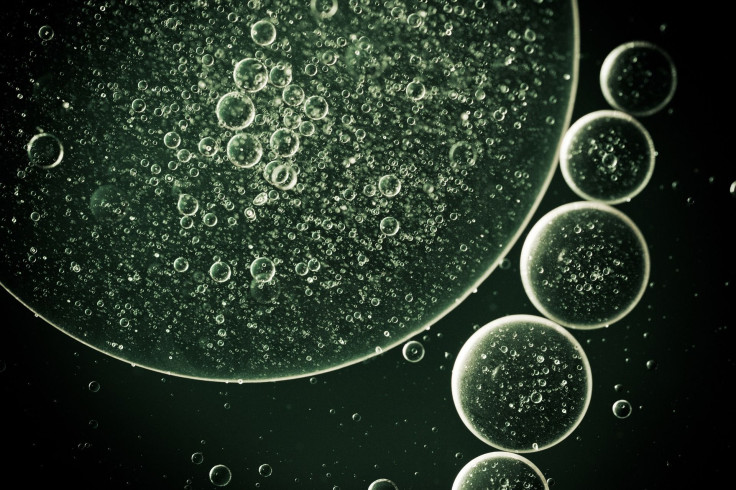Is Cancer Linked To Autism? According To Scientists, The Two Have A Problem Protein In Common

Are people with autism more likely to develop cancer? Scientists have discovered that a protein connected to the developmental disorder also plays a role in the spread of tumors. Although the two conditions have this link, it hasn't been established whether people with autism spectrum disorder (ASD) are in fact more likely to get cancer.
According to a statement from the University of Turku in Finland, researchers there found that the protein in question, which is called SHANK, “prevents the spread of breast cancer cells to the surrounding tissue.” But this is not the first time experts have studied SHANK, and previous findings have suggested that genes causing its mutation or absence are connected to autism.
Read: Does Evolution Favor Autism Genes?
A study in Nature Cell Biology says the same mutations to SHANK that are found in people on the autism spectrum also stop the protein from working against breast cancer cells. Normally it would prevent the cells from “adhering” and thus proliferating, but the mutated protein doesn’t do that.
“This once again demonstrates the power of basic research in facilitating our understanding of several human diseases,” the Finnish university said.
The next step for the researchers is to find out if SHANK affects cancer cells in any other ways.
Previous research has shown that the way genetic mutations to the protein lead to the developmental disorder autism, characterized by symptoms such as difficulty with social interaction, is that they impede communication between cells in the brain that are crucial for functions like memory and learning. That disrupted communication is thought to underlie the developmental symptoms of the disorder.
See also:
© Copyright IBTimes 2024. All rights reserved.





















